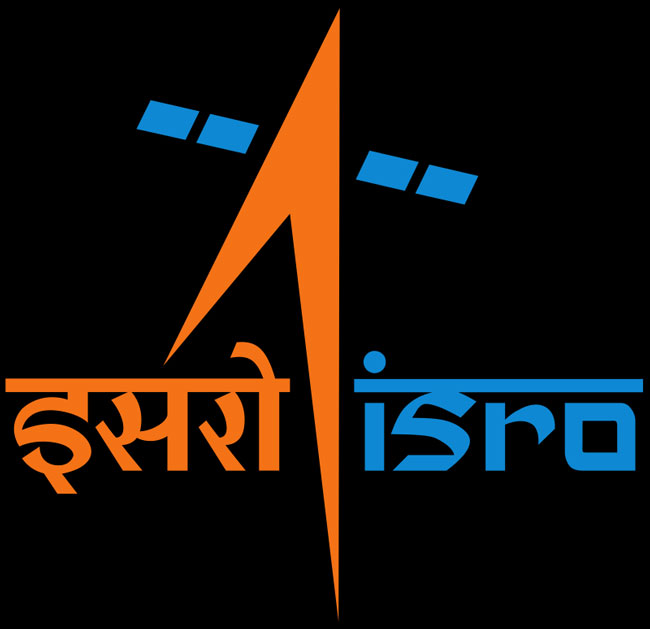Desk: In the wake of the recent terror attack in Pahalgam, concerns have intensified regarding the security of India’s borders. Given the difficult terrain and natural challenges along the frontiers, safeguarding these areas manually poses a significant challenge. Addressing this, the ISRO chief has outlined a comprehensive three-year plan aimed at easing the burden on India’s armed forces by enhancing satellite-based surveillance.
During a recent event, Secretary of the Department of Space, Dr. S. Somanath, responded to questions on border security by emphasizing the strategic importance of space-based monitoring. He revealed that, currently, around 55 satellites are actively supporting India’s border security. However, he stressed that this number is insufficient, especially considering India’s vast 7,500-kilometer-long coastline.
“In the next three years, we aim to deploy an additional 100 to 150 satellites dedicated to bolstering border and coastal security. These satellites will significantly enhance our surveillance capabilities,” said the ISRO chief.
He further stated that Prime Minister Narendra Modi had proposed reforms in the space sector to address such challenges. As part of these reforms, private players have also been allowed to participate in space activities, thus accelerating innovation and deployment.
In addition to discussing security measures, the ISRO chief also provided an update on a recent technological milestone. He announced that India had successfully completed its second satellite docking mission earlier this week under its space docking experiment program. This achievement places India alongside global space leaders such as the United States, Russia, and China — all of whom have demonstrated similar capabilities.
This advancement marks a significant step in India’s space journey, with direct implications for both defense preparedness and future space missions.




